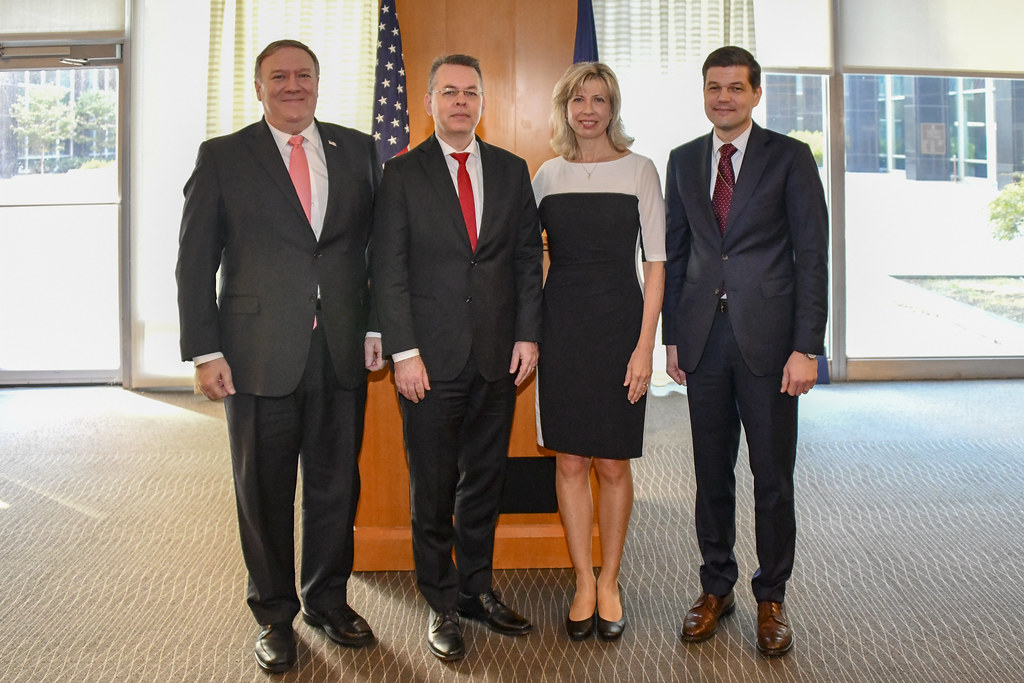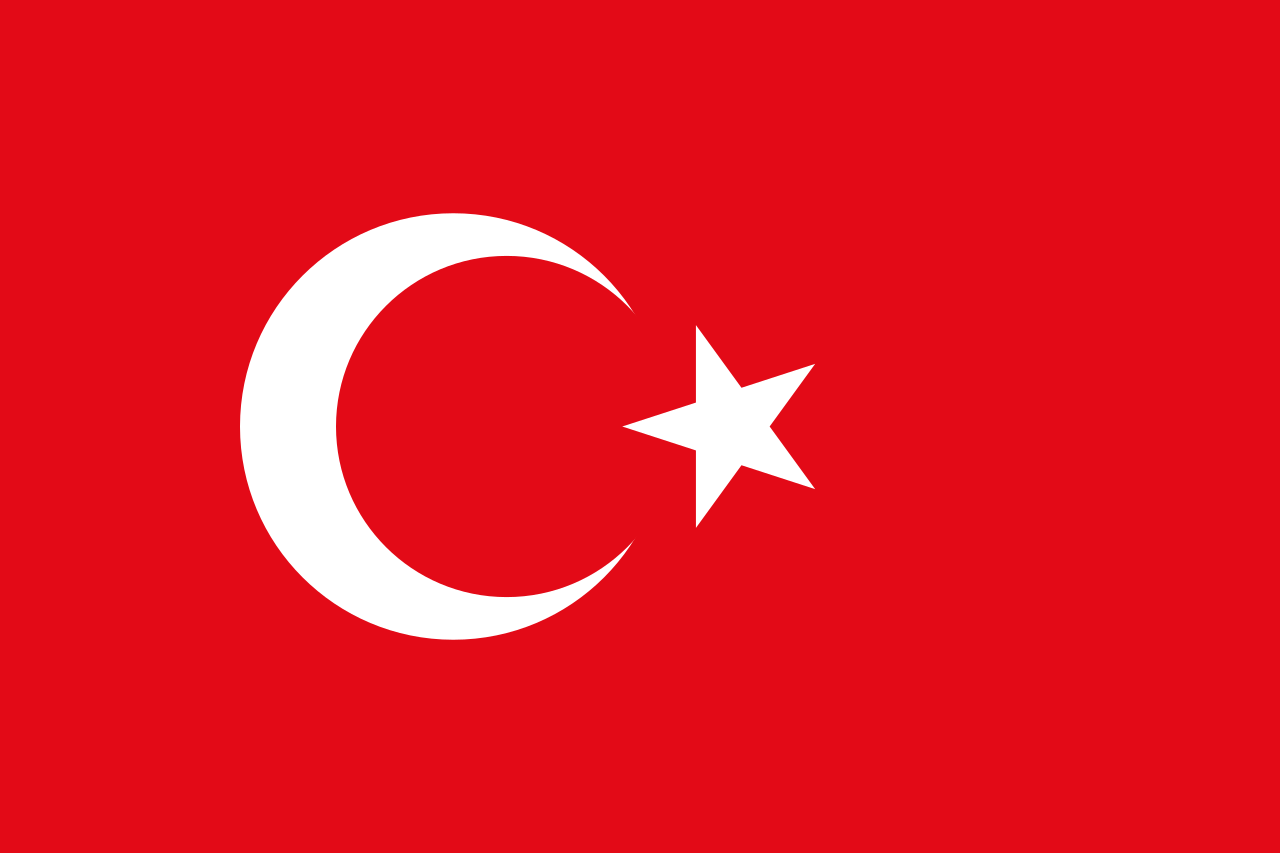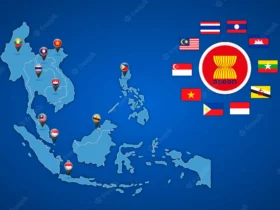A spokesman for Turkish President Ibrahim Kalin and the Turkish Foreign Ministry strongly criticized a report prepared by the American International Commission on Religious Freedom.
The International Commission on Religious Freedom (USCIRF) recently published its annual report on the topic of the rights and freedoms of Religious minorities in countries around the world. According to the document, Turkey was granted second-degree status due to the country experiencing at least one of the signs of systematic, regular and threatening incidents involving violations of religious freedom.
In the section devoted to Turkey presented to US Congress, it is emphasized that the situation continues to cause “deep concern”, and that the situation promises to worsen.
Brunson was freed as a result of the pressure of the United States

Photo: Secretary Pompeo meets with Pastor Brunson | by U.S. Department of State
The section of the document on the Andrew Brunson trial, an American pastor whose arrest in Turkey led to crisis between Ankara and Washington, contains the following observations: “The arrest and the subsequent trial of the Protestant pastor Andrew Brunson, which lasted more than two years and served to increase anti-Christian rhetoric, ended in October In 2018, the decision on imprisonment, however, Branson was still released as a result of pressure from the American authorities. ”
TROUBLING GOVERNMENT RHETORIC REGARDING JEWS AND CHRISTIANS
The report indicates that the threat to the life and activities of religious minorities continues to be a reality in contemporary Turkey. The provocations and compromising campaigns conducted by government agencies and pro-government media exacerbated fear and mistrust among these minority groups, the document says.
THE PRESIDENT’S PRESS SECRETARY SAID THE REPORT IS NOT REFLECTIVE OF REALITY IN TURKEY
In turn, the press secretary of the President of Turkey, Ibrahim Kalin, sharply criticized the Turkish section of the report. According to Kalin, the document is “biased” and does not reflect “the real state of affairs” in Turkey: “The section of the American Report on Religious Freedom for 2019, devoted to Turkey, is far from impartiality and objectivity.
The document, which demonstrates the lack of understanding by the American authorities regarding the essence FETO, it tries to justify and legitimize the group’s activities, despite that their terrorist orientation has been proven legally. The attempts of the American administration to present a bloody terrorist organization as “a victim of pressure on religious grounds” despite that, along with its other crimes, it was involved in the deaths of 251 Turkish citizens and injured thousands of civilians during the July 15 attempted coup, are completely useless.
This report provides visual evidence of the US’ blindness and partiality in the fight against terrorism.
In addition, this document is intended to intentionally distort the real situation regarding the situation of religious minorities in our country.
In Turkey, religious minorities have lived peacefully for centuries within the framework of a law-governed state, respecting all rights and freedoms, in particular, freedom of religion, like any other citizen of the country.
The American Commission on Religious Freedom, using biased and incorrect sources, showed great disrespect toward minority diasporas in our country. Very significant is the fact that the text of the report does not contain statements of minority representatives about religious freedom in Turkey. Ignoring the most important steps carried out under the leadership of President Recep Tayyip Erdogan in many areas, starting with the return of waqf property to minority representatives, and ending with meeting their needs for religious worship, demonstrates the political implication of this document. We, being representatives of the Republic of Turkey, strongly condemn this biased and unfriendly report, and urge the US authorities and Congress to abandon attempts to distort reality in our country, ” Kalin emphasized in his statement.
MFA REACTION
Turkish Foreign Ministry spokesman Hami Aksoy, also commenting on the report, said: “Representing FETO members as“ Sunni Muslims subjected to religious pressure ”immediately demonstrates the full degree of bias and deceitfulness of this report and its promotion of the interests of certain forces.”
Aksoy pointed to a large number of unconfirmed information contained in the report and said: “The attempts of criticism of Turkey by the American leadership and Congress, which cannot accept the election of a Muslim to the House of Representatives, are inactive in the fight against Islamophobia and are inconsistent and short-sighted. unable to protect religious minorities in their country from attacks. In turn, Turkey for the whole world is an example of a social structure within which different religions and beliefs coexist in peace and mutual respect. ”
CRITICISMS CONTAINED IN THE REPORT:
The report stresses that, despite the new education program adopted in 2018, the lessons of religious culture and moral standards continue to be mandatory in public schools.
The report stresses that, despite the benefits provided to students who belong to religious minorities specified in the Lausanne Agreement, families of atheists or Alevis, in order to prove their right to these benefits, have to go through a difficult legal process, which still does not guarantee the real observance of their rights in public educational institutions.
The document also notes that in 2018 “the Turkish government interfered in the internal affairs of religious communities, which was expressed, in particular, in the demand for Turkish citizenship to be granted to candidates of religious leaders in these communities.”
Another example of the intervention of the authorities in minority religious life was the election of the patriarch of the Armenian church, which was supposed to be held in connection with the death of Archbishop Mesrob II Mutafyan in March last year, was canceled by the Turkish Interior Ministry and Istanbul City Hall under the pretext of not meeting the required conditions.
In addition, according to the authors of the report, the presence of a “creed” column in identity documents, which may lead to discrimination based on religion, is a matter of concern. Concern was also expressed over the publication in February 2018 of genealogies and religious data of the Armenian, Jewish and Greek diasporas in the electronic system of state registration. On the one hand, this step is assessed as positive in terms of identifying ethnic and religious diversity and wealth, but on the other hand, it threatens to turn into manifestations of discrimination, the report says.
It is noted that the Alevis, who constitute the largest group among the minorities of Turkey, are characterized by the government as “Muslims” and are not separated from the Sunni trend.
The report draws attention to the fact that pro-government publications and social media continue to use anti-Semitic rhetoric in their publications. In addition, it is emphasized that many leading politicians, from the high-ranking deputy of the ruling AKP, Burhan Kuzu, to the presidential candidate from The Republican People’s Party, Muharrem İnce used anti-Semitic statements during their campaigns.
The case of Pastor Brunson
In the report, the case of Pastor Brunson was given the most attention after the topic of the property of religious minorities. It is noted that the Turkish authorities selected evangelical groups associated with the pastor as a target for attacks, as a result of which at least 20 Protestant families were either deported or refused a visa and forced to leave Turkey.
The report stresses that pastor Andrew Brunson, who lived in Turkey for 23 years, was unreasonably detained in October 2016, charged with espionage and membership in a terrorist organization, and then arrested on charges of supporting and promoting terrorism.
The subsection of the report entitled “Protestants” contains excerpts from President Erdogan’s statements about Branson, who are accused of supporting the PKK and the FETO. The report emphasizes that Erdogan, who initially opposed the extradition of Brunson, subsequently proposed to exchange the pastor for FETO leader Fethullah Gülen, which is exposed as evidence of the contradictory position of the Turkish authorities.
The report also notes attitudes and violations of the rights of Jehovah’s Witnesses in Turkey.
One of the main points of the report criticizing Ankara was the indication that in the two years following the unsuccessful coup attempt, Turkey dismissed and arrested tens of thousands of people. It is noted that the Turkish government considers the terrorist organization FETO responsible for the attempted coup.
The report also focuses on the issue of minority property. In particular, cases of the return of minority-owned real estate, which was previously confiscated by the Turkish state, are discussed in detail, as well as the discussion of the transformation of the Hagia Sophia museum into a mosque.
The report draws attention to the fatwa published in January 2018 on the website of the Office for Religious Affairs that the rules of Islam allow the wedding of 9-year-old girls and 12-year-old boys. Later, due to numerous criticisms, the Office recalled this fatwa by publishing a written statement stating that “it always supported the lower limit of the marriage age for girls at the rate of 17 years, for boys it was 18 years.”
It also provides research data from January 2018, according to which in 2017, 115 legal minors under the age of 15 years were impregnated.
The report notes that in recent years, relations between America and its strategic partner Turkey have seriously worsened due to a number of incidents, in particular, the cases of the aforementioned Pastor Brunson, the NASA scientist Serkan Gölge and three Turkish citizens who worked at the US Consulate.
The report notes that in August 2018, the US Treasury imposed sanctions against Turkish Justice Minister Abdulhamit Gül and Interior Minister Süleyman Soylu in connection with the Brunson case. In addition, the introduction of additional duties on imports of Turkish steel and aluminum led to a fall in the value of the Turkish lira. After the liberation of Brunson in October 2018, the sanctions against Gül and Soylu were lifted, and warming began in bilateral relations, the report stresses.
The document also touches upon such geopolitical and security issues as Turkey’s purchase of Russian S-400 complexes and the situation in Syria.

















Leave a Reply